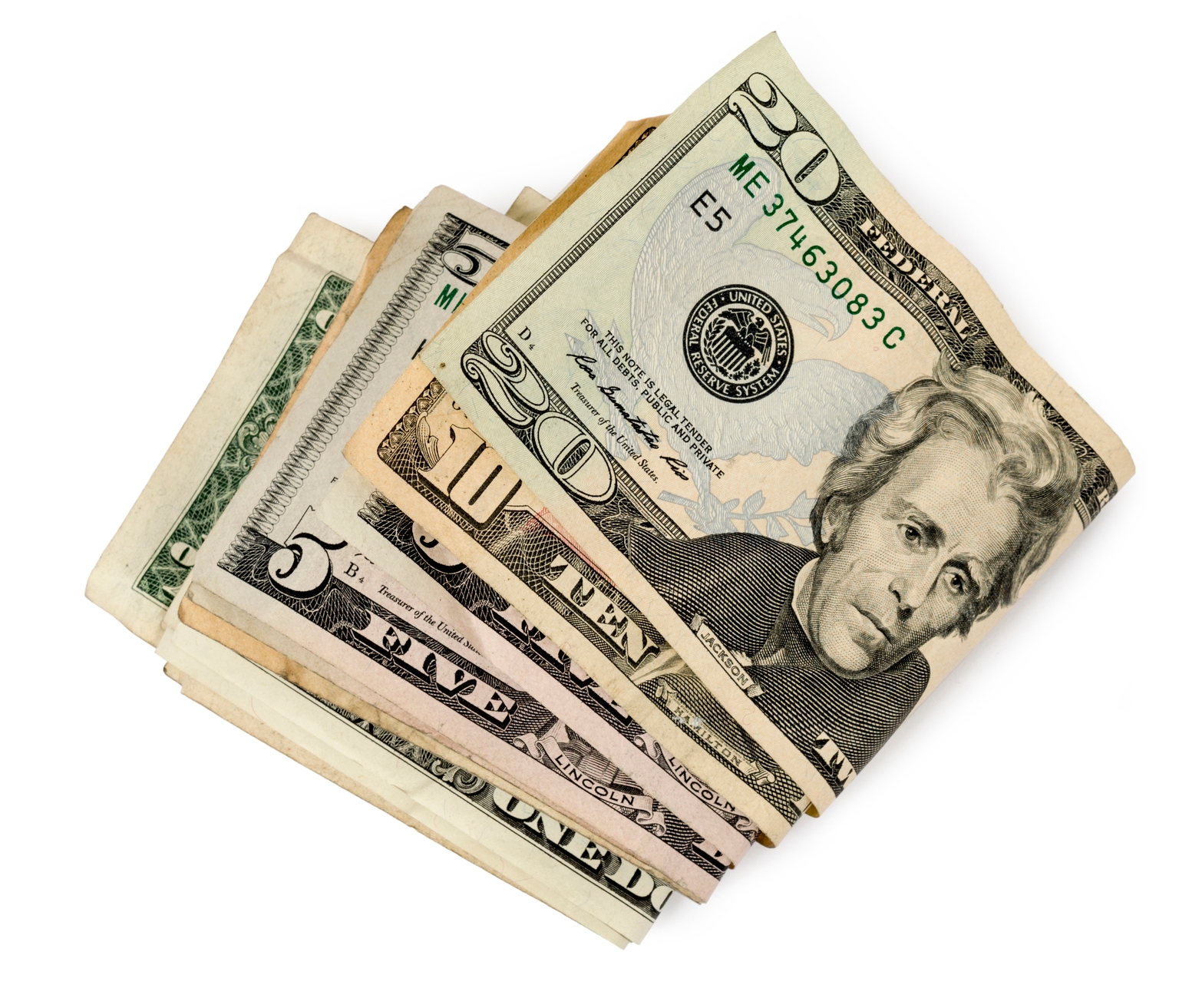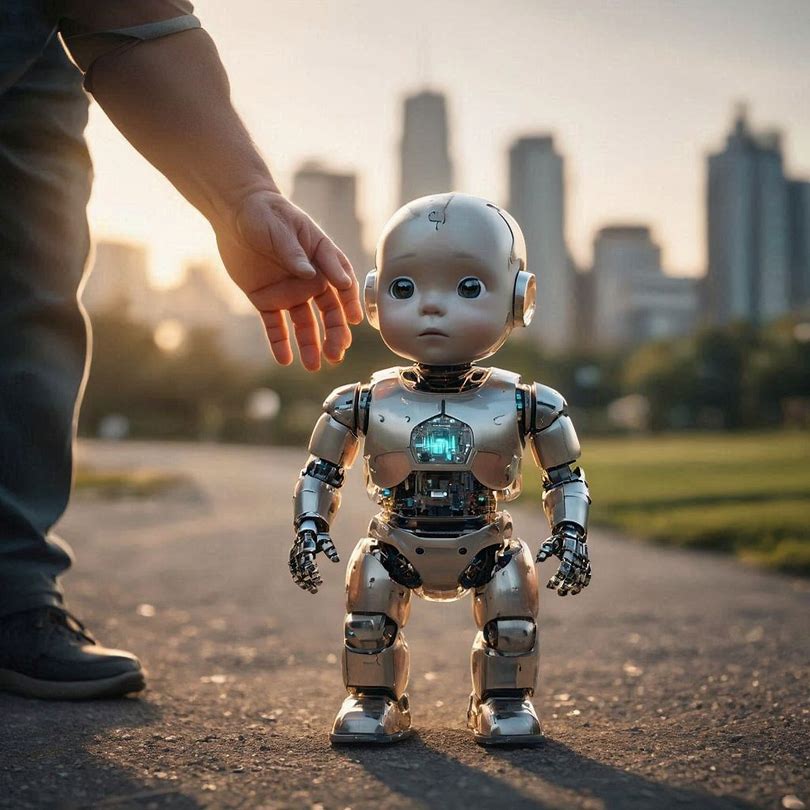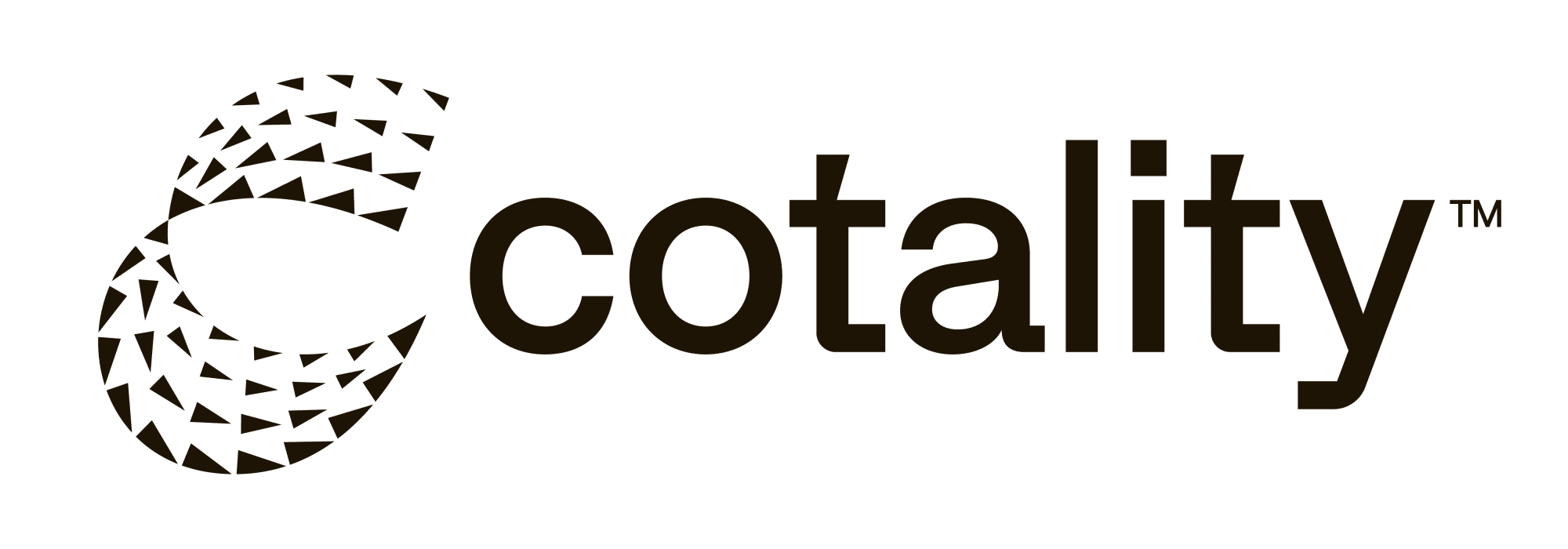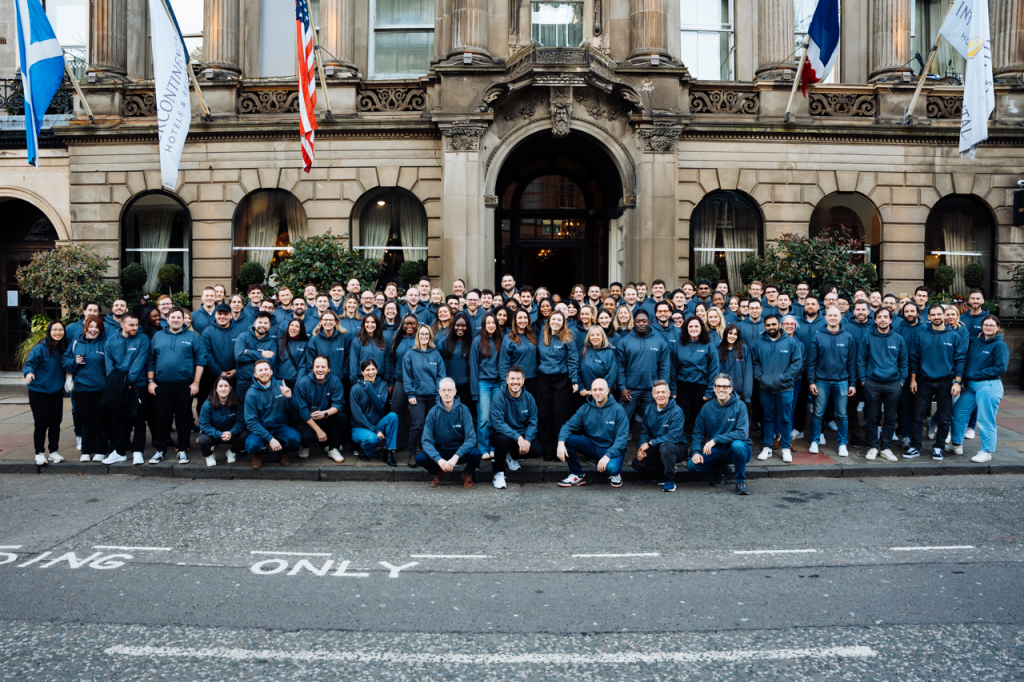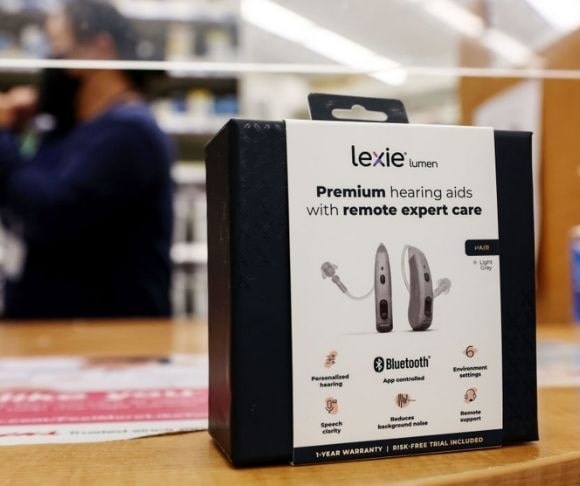You’ll likely notice a deluge of ads about hearing aids, which are available for the first time this week without a doctor’s prescription or a consultation with an audiologist. The current rule has been five years in the making after former President Donald Trump signed the Over-the-Counter Hearing Aid Act in August 2017. It’s at least a minor win for deregulation, but controversy abounds over the elimination of professional tuning of the devices.
Hearing Aids Just Amplifiers?
The Bose company, based in Massachusetts, is mainly responsible for the change in the federal government’s policy on this issue. Famous for making speakers and headphones, Bose is ready to exploit its technology and manufacturing capacity to sell these new hearing devices. Campaign cash records show Bose spent generously to support Sen. Elizabeth Warren (D-MA) and Rep. Joe Kennedy (D-MA). Was the law changed to profit the few, benefit the many, or both?
Adam Curry, former MTV VJ and current No Agenda Show podcast host, has been an outspoken critic of such direct-to-consumer sales. A longtime user of hearing aids, Curry thinks the new devices will result in a negative experience for many. In an exclusive statement to Liberty Nation, he spoke against the updated regulations and Warren’s involvement. Curry said:
“Elizabeth Warren took big campaign donations from Bose among others to introduce the OTC legislation … She is actually hurting her beloved consumers with this. They get shitty hearing ‘amplifiers.’ That’s the real change. These Silicon Valley ‘amplifiers’ may now be marketed as ‘hearing aids.’”
Curry concluded with “Words matter.”
The legislation prompting the change was introduced in 2017 by Kennedy in the House and Warren in the Senate, passing without opposition as a rider to an FDA reauthorization act. Why would Americans need a prescription for a contraption that has a microphone and a speaker at its core? Its use is not dangerous or habit-forming.

(Photo Illustration by Mario Tama/Getty Images)
When such a product is designed and sold to correct or cure a medical problem, it becomes a “medical device” under the law, and the FDA has vast control over it. Ask anyone who needs the most commonly used medical device, eyeglasses, which still require a prescription for purchase in the United States. The issue here concerns amplification devices for people with normal hearing acuity and processing, and hearing aids required for more profound hearing difficulty. The FDA said the rule “applies to certain air-conduction hearing aids intended for people 18 years of age and older who have perceived mild to moderate hearing impairment. Hearing aids that do not meet the requirements for the OTC category (for example, because they are intended for severe hearing impairment or users younger than age 18) are prescription devices.”
Promises Made or Bought?
President Joe Biden spurred his FDA to make a final rule on the topic as part of an executive order issued last year. Curry said the most important thing going forward is to make sure companies’ desire for recurring revenue models doesn’t impose harsh outcomes for users. “What is also important is that ALL companies, including the legit [hearing aid] manufacturers, stop tying everything to their cloud.” He said centralizing any medical device where it is “almost impossible to use … without being tethered to their infrastructure” is a horrible idea.





.jpg&h=630&w=1200&q=100&v=90ed771b68&c=1)





